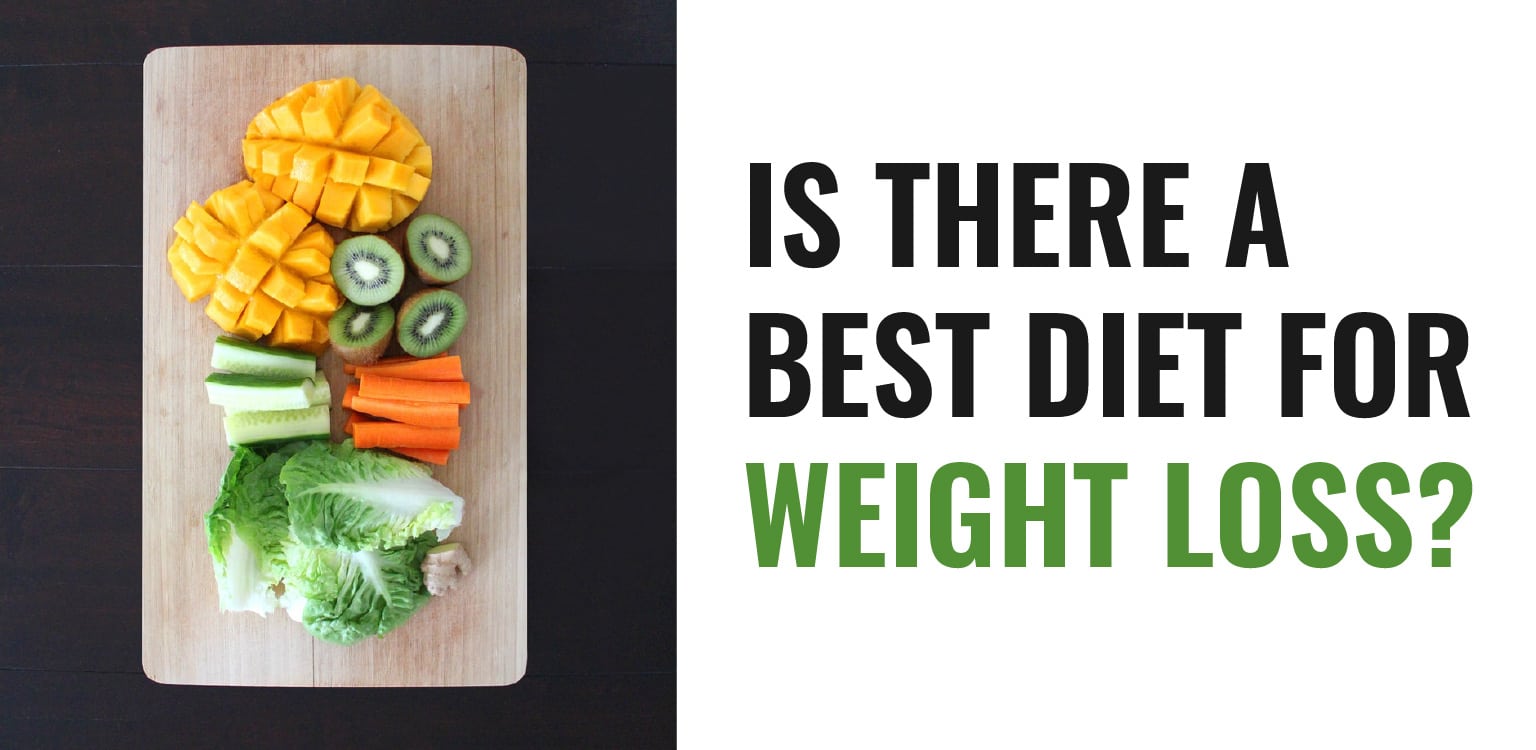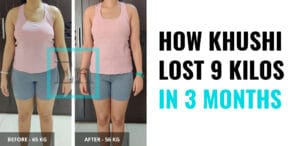This is one of the most hotly debated topics. Even within our personal circles, the opinions on the best diet for weight loss are endless (I am looking at you Family WhatsApp groups).
One of the reasons behind this conflict is the lack of a clear definition of the best diet. For example, before I became a nutritionist, my idea of the best diet for weight loss was a low-fat diet. The reason behind this idea? The belief that eating fat made me fat. But when I began studying nutrition, I discovered that this and many other nutritional beliefs of mine were false.
One of my favourite research papers by Katz and Meller (2014) shows that the best diets have some common features between them. I could just tell you what they are (or you could scroll to the bottom) but I’d prefer to demonstrate my point first. To do this, I am first going to examine some of the most popular diets for weight loss by mentioning the pros and cons of each in the context of weight loss.
Vegan Diet
 Photo by Manuel Joseph from Pexels
Photo by Manuel Joseph from Pexels
A strictly plant-based diet that avoids meat and dairy products for ethical reasons.
Pros
- Higher intake of fruits and vegetables
- More satiating due to increased fibre intake
Cons
- Micronutrients such as calcium and iron are not absorbed completely due to the presence of certain compounds that interfere with their absorption. This may lead to deficiencies if not supplemented adequately
On a side note, if you are vegan and concerned about calcium, please read this post!
Palaeolithic Diet
This approach is in direct contradiction with the vegan approach. Palaeolithic diets focus on eating like our Stone Age ancestors. They avoid dairy, grains and processed foods and encourage eating lean meats, fruits, nuts, vegetables, seeds, and eggs. Now, I have a few issues with the rationale of the palaeolithic diet but that’s a whole different post altogether (which will come out soon).
Pros
- Higher intake of fruits and vegetables
- Avoids processed food which will help in losing weight
- Due to the higher meat intake, protein consumption is higher than other diets which also helps with weight loss
Cons
- Lean meats also include red meat which may increase the risk of colorectal cancer if not eaten in moderation
Low Fat Diet
Recommends keeping fat intake below 20% of daily calories and getting more calories from carbohydrate sources. They tend to be more plant-based as they are higher in carbohydrates.
Pros
- Cutting down on fat will help with weight loss as it contains 9 calories per gram
- It might benefit people with cardiac issues such as clogged arteries
- If practised properly, it helps to increase the consumption of grains, fruits and vegetables which have health benefits
Cons
- People often replace fat with refined carbohydrates such as those high in sugar. This defeats the purpose of cutting out fat as it increases total calorie intake
- Eating low fat for too long is harmful for the body
Ketogenic Diet
 Photo by Valeria Boltneva from Pexels
Photo by Valeria Boltneva from Pexels
Focuses on extreme carbohydrate restriction for a long time which forces the body to use its stored fat instead.
Pros
- Puts you on a calorie deficit quite easily
- People observe rapid weight loss in the first few weeks (although a lot of it is just water weight) which might motivate them to lose weight further
Cons
- Not a sustainable dietary strategy for most people
Can you see what’s common between them?
If you speak to the people who have done these diets to lose weight, many will claim that they are the best diets for weight loss. In reality, all the above diets are equally good for weight loss because they share a few characteristics.
- Calorie Deficit – As I have already mentioned in my weight loss guide, the only thing you need to lose weight is a calorie deficit. Ketogenic diets cut out carbs while low-fat diets cut out fat. The end result of doing both is the same – a reduction in total calories.
- Reduce processed food – Most dietary approaches advice to either limit or eliminate processed food. This also helps in creating a calorie deficit. It also reduces the risk of several lifestyle diseases such as colorectal cancer that are linked with eating foods such as processed meat.
- Eat more plant-based whole foods – All diets say that eating more plants is good for you. Even the meat-headed paleo diet says, “Eat your vegetables”.
Is there a best diet for weight loss?
No. Any diet you choose must first and foremost put you on a calorie deficit. But if only calories mattered, then, in theory, you could lose weight even if you got all your calories from Oreos. But, in reality, the source of calories is also important. Although the calories from whole foods are the same as calories from minimally processed foods, the accompanying nutrients make all the difference. Whole foods come loaded with micronutrients whereas processed foods don’t. This is why I like to call processed food – Empty calories. If you want to increase your probability of success, then opt for a diet that is personalized to suit your goals and lifestyle. Something that we do very well!
In simple words, the best diet for weight loss is one which fulfils the following principles
- Puts you on a calorie deficit
- Includes a lot of whole food
- Limits processed food
- Is personalized (preferably)
Principles vs. Methods
You might ask, what about other diets which were not on my list? Well, think of weight loss as the problem and each of the dietary approaches as methods to solve the problem. There are multiple methods for the same problem. The methods work only if they fulfil the principles I stated above.
For example, you can start a fire using a variety of methods such as striking a match or rubbing flintstones. Both methods provide the same outcome because they fulfil the principles required to generate fire. However, one method may be better than the other depending on the situation. For example, starting a fire using flintstones is a very inefficient use of your time if you already have a box of matches lying in your pocket.
The same way, drinking only detox juices to lose weight is not as effective as a personalized diet that creates a manageable calorie deficit and ensures that you are getting all your nutrients in the required quantities.


 Photo by
Photo by  Photo by
Photo by 


One Response
Comments are closed.